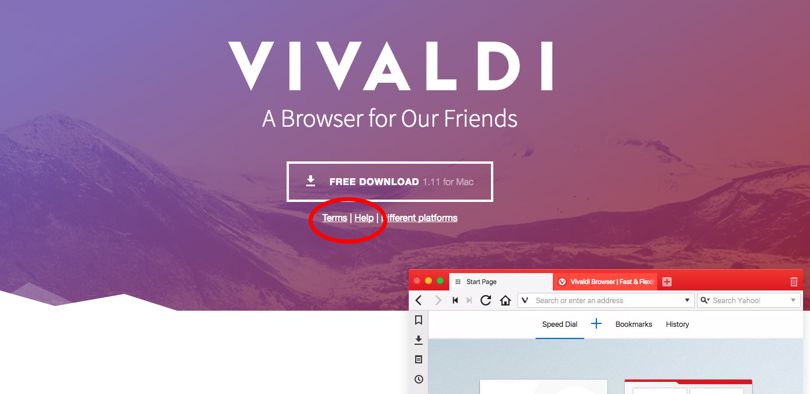In Wired, Rowland Manthorpe reports on another case of Google roughing up someone for being critical of their current “be evil” business philosophy:
The latest allegation against Google? Jon von Tetzchner, creator of the web browser Opera, says the search giant deliberately undermined his new browser, Vivaldi.
In a blogpost titled, “My friends at Google: it is time to return to not being evil,” von Tetzchner accuses the US firm of blocking Vivaldi’s access to Google AdWords, the advertisements that run alongside search results, without warning or proper explanation.
According to Von Tetzchner, the problem started in late May. Speaking at the Oslo Freedom Forum, the Icelandic programmer criticised big tech companies’ attitude toward personal data, calling for a ban on location tracking on Facebook and Google. Two days later, he suddenly found Vivaldi’s Google AdWords campaigns had been suspended. “Was this just a coincidence?” he writes. “Or was it deliberate, a way of sending us a message?” He concludes: “Timing spoke volumes.”
Von Tetzchner got in touch with Google to try and resolve the issue. The result? What he calls “a clarification masqueraded in the form of vague terms and conditions.” The particular issue was the end-user license agreement (EULA), the legal contract between a software manufacturer and a user. Google wanted Vivaldi to add one to its website. So it did. But Google had further complaints.
According to emails shown to WIRED, Google wanted Vivaldi to add an EULA “within the frame of every download button”. The addition was small – a link below the button directing people to “terms” – but on the web, where every pixel matters, this was a potential competitive disadvantage. Most gallingly, Chrome, Google’s own web browser, didn’t display a EULA on its landing pages. Google also asked Vivaldi to add detailed information to help people uninstall it, with another link, also under the button.




